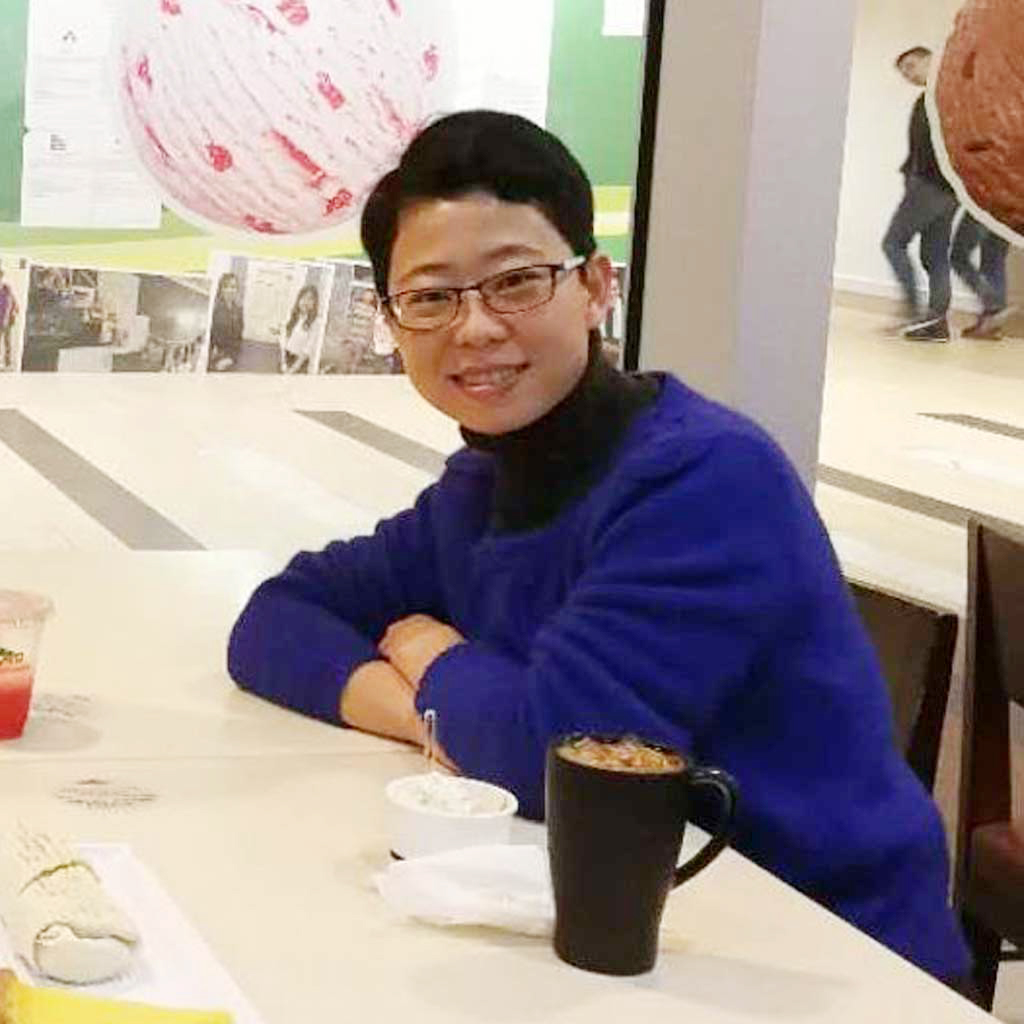
PhD (Yale)
Assistant Professor, Department of Social Science
Tel : (852) 3963 5656
Email : swang@hsu.edu.hk
ORCID: 0000-0003-4736-4285
Dr Wang obtained PhD degree in Political Science from Yale University. Her research interests include political participation, Chinese politics, social media, democratization, and national identity.
Research Interests
Social media, online discourse, populism, political trust
Courses Taught
- ASI4500 Seminar on Asian Studies
- GEN3006 International Political Economy
Grants
- 2020-2022. Principal Investigator. Cyber State-Society Relations in China: The Dynamics of Patriotism and Nationalism on the Internet. Faculty Development Scheme, Research Grants Council, Hong Kong (UGC/FDS14/H10/19). Award: HK$1,117,821.
- 2018-2019. Principal Investigator. China’s Cyber-Nationalism. Research Start-up Fund, HSUHK. Award: HK$10,000.
Publications
Selected Journal Articles
- Gong, T, Wang, S. & Li, H. (2019). Sentencing Disparities in Corruption Cases in China. Journal of Contemporary China, 28(116). 245-259. https://doi.org/10.1080/10670564.2018.1511395
- Chiu, S.W.K. and Wang, S. (2017). Youth Conditions of Hong Kong in a Global Context. The Hong Kong Journal of Social Sciences, 49, 5-27.
- Gong, T, Wang, S., and Ren, J. (2015). Corruption in the Eye of the Beholder: Survey Evidence from Mainland China and Hong Kong. International Public Management Journal, 18(3), 458-482. https://doi.org/10.1080/10967494.2015.1057629 (SSCI, impact factor: 1.233, Q2 in Public Administration).
- Wang, S. (2014). Internet Exposure and Political Beliefs among the Chinese Educated Youth. The Journal of Contemporary China 23(90), 1133-1151. https://doi.org/10.1080/10670564.2014.898903 (SSCI, impact factor: 1.085, Q1 in Area Studies).
Reprinted as: Wang, S. (2018). Internet Exposure and Political Beliefs among the Chinese Educated Youth. Reprinted in S. Zhao (ed.), Chinese Authoritarianism in the Information Age: Internet, Media, and Public Opinion. Routledge.
- Gong, Ting and Wang, S. (2013). Indicators and Implications of Zero Tolerance of Corruption: The Case of Hong Kong. Social Indicators Research, 112(3), 569-586. https://doi.org/10.1007/s11205-012-0071-3 (SSCI, impact factor: 1.452, Q1 in Social Sciences, Interdisciplinary).
- Gong, Ting and Wang, S. (2012). The Political Culture of Zero Tolerance for Corruption: The Case of Hong Kong. Fudan Public Administration Review, 9, 169-186. (CSSCI)
- Landry, P., Davis, D., and Wang, S. (2010). Elections in Rural China: Competition without Parties. Comparative Political Studies, 43(6), 763-790. (SSCI, impact factor: 1.813, Q1 in Political Science).
Reprinted as:Landry, Pierre, Davis, Deborah, and Wang, S. (2015). In A. Saich (ed.), Elections in Rural China: Competition without Parties. Reprinted in Political Governance in China. Harvard University Press.
Selected Book Chapters
- Jackson, Liz, Puja Kapai, Wang S., and Ching Yin Leung. (2017). Youth Civic Engagement in Hong Kong: A Glimpse into Two Systems Under One China. In C. Broom (ed.), Youth Civic Engagement in a Globalized World: Citizenship Education in Comparative Perspective. Palgrave MacMillan.
- Gerard, P. and Wang, S. (2011). Hong Kong: Governance and the Double-Edged Academy. In W. Locke, W. K. Cummings, and D. Fisher (eds.), Changing Governance and Management in Higher Education: The Perspectives of the Academy. Springer.
Books and Monographs
- Wang, S. (Ed.). (2024). Three Faces of Populism in Asia: Populism as a Multifaceted Political Practice. Routledge.
- Wang, S. (2017). Cyberdualism in China: The Political Implications of Internet Exposure of Educated Youth. Routledge.
Selected Presentations
- Wang, S. (2019, July 23). Constructing the National Identity in Hong Kong. The University Service Center Symposium on Chinese Society and Policy—Retrospective and Prospective of China’s Education System, The Chinese University of Hong Kong, Hong Kong.
- Wang, S. (2019, July 12-15). Understanding the Chinese Identity in Hong Kong. The 2019 Annual Conference of the International Society of Political Psychology, Lisbon, Portugal.
- Wang, S. (2019, June 22). The Battle of Framing: Media Representation of Politically Controversial Issues in Hong Kong. The 2019 Annual Conference of the Society for Hong Kong Studies, The University of Hong Kong.
- Wang, S. (2018, March 6). Cyberdualism in China: The Political Implications of Internet Exposure of Educated Youth. Luncheon Seminar Series, University Service Centre for China Studies, The Chinese University of Hong Kong.
- Wang, S. (2017, December 20). Sentencing Disparities in Corruption Cases: Evidence from China. International Workshop on Law Enforcement in China, City University of Hong Kong.
- Wang, S. (2013, March 21-24). Voter Participation in Chinese Village Elections. Annual Conference of the Association for Asian Studies, San Diego, USA.
- Wang, S. (2012, July 8-12). Who Still Cares about Marxism? The Impact of the Internet on Students’ Resistance to Formal Political Education in China. The World Congress of the International Political Science Association, Madrid, Spain.
- Wang, S. (2012, June 1-4). Indicators and Implications of Zero Tolerance of Corruption: The Case of Hong Kong. The Third Chinese Scholars’ Forum on Public Management. Shandong University, Jinan, China.
- Wang, S. (2012, May 25-27). Challenges of Governance in the New Information Age: Evidence from China. The Public Management Research Conference: Seeking Excellence in a Time of Change. Fudan University, Shanghai, China.
- Wang, S. (2012, May 29). Online Activism among Chinese Educated Youth. Zhejiang University Institute of Civil Society Development, Zhejiang University, China.
- Wang, S. (2012, March 15-18). E-Government in China: Who Talks with Officials Online?. Annual Conference of the Association for Asian Studies. Toronto, Canada.
- Wang, S. (2010, June 3). Governed Self-Government: Village Elections in China. School of Government, Sun Yat-Sen University, China.
- Wang, S. (2009, October 1-2). Job Satisfaction of the Academics in Hong Kong. Conference on the Attractiveness of the Academic Profession: The Management Challenge, Melbourne, Australia.
- Wang, S. (2008, April 3-6). Village Elections in China: From the Perspective of the Elite and the Voters. Annual Meeting of Midwest Political Science Association, Chicago, IL, USA.
